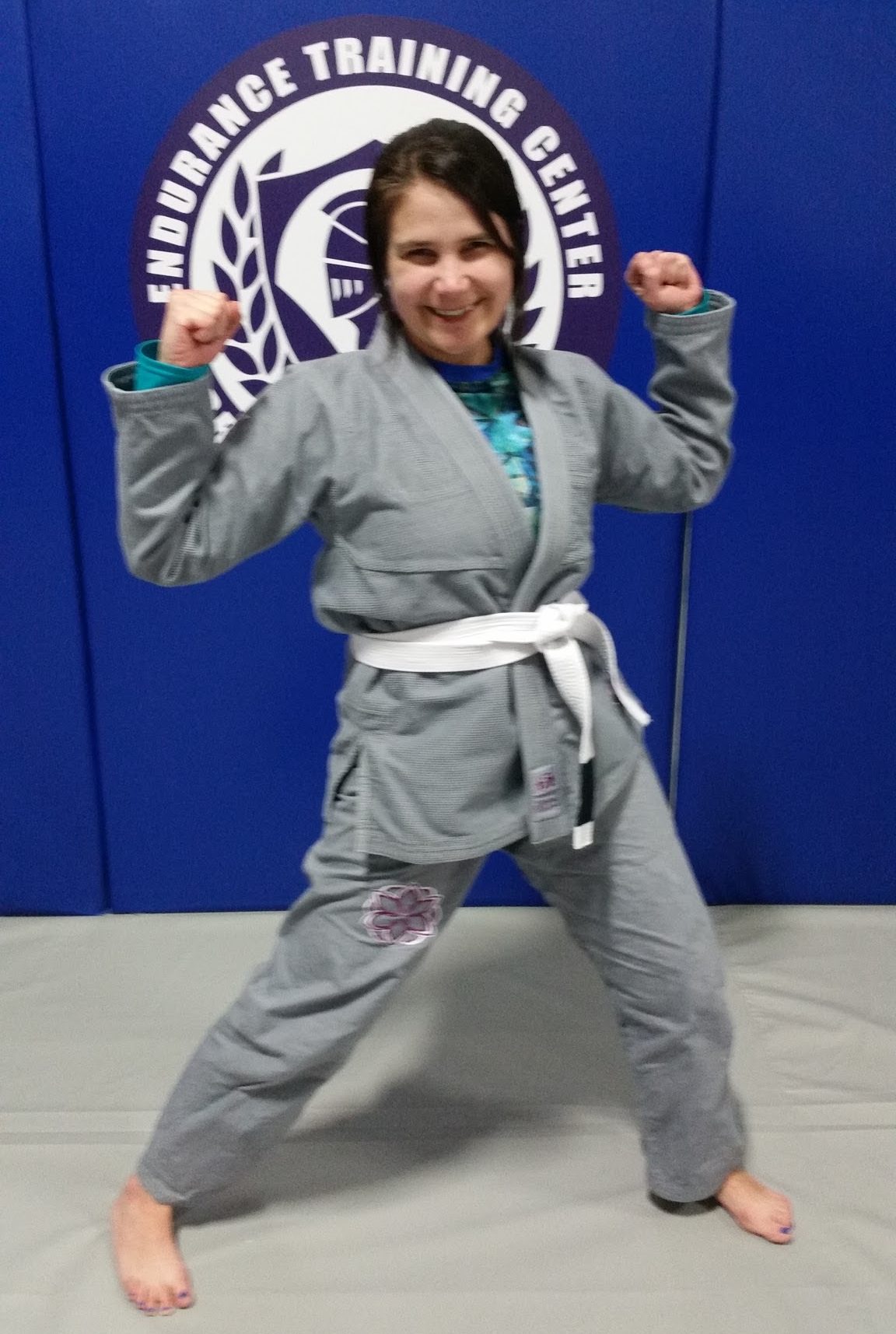PTSD (post-traumatic stress disorder) is a fairly new term to describe the effect of traumatic events on the human brain and psyche. While many have heard of it, not many people realize that it is not just veterans who can suffer from it. All traumatic events in our lives have a lasting effect on us. The brain is similar to the body in that, the more severe the wound, the more damage caused, and the longer it takes to heal.
Trauma to our psyche is different than the body in that you can’t see it. There is no exterior bandage, no cast to signify a person is wounded and in the process of healing. In some ways, society has conditioned us to treat mental illness as something other than illness. In other ways, we simply are not educated on it and don’t have any idea how to interact with those with it.
I have suffered from PTSD for more than a year now, and even my closest friends are still unsure of how to interact with me and help me through this very difficult time in my life. When I tell someone that I have PTSD but am not a veteran and have never served time overseas, the same look of confusion and bewilderment stares back at me. Every. Damn. Time.
If you know someone with PTSD and are at a loss of how to help them, regardless of what trauma caused it, know that just sticking around long enough to try is the biggest thing you can do for them. Here are a few other things that will help you both as well.
Make Them Feel Safe
The first time I was physically close to a man after my trauma, I found myself thinking “Wow. His hands aren’t around my throat. He isn’t trying to kill me. That’s nice.” Of course he wasn’t going to try to kill me. Not every person I come into contact with is going to hurt me. But, especially if the trauma is recent, irrational thoughts like this might go through the mind of someone with PTSD.
And, it isn’t just romantic relationships. It was every relationship for me. I would watch peoples’ hands, be on high-alert for any sudden movements, and carefully watch facial expressions to try to determine if I was in danger.
The most important thing you can do for someone with PTSD is to make them feel safe, physically and emotionally. Smile, speak calmly, and be kind. Understand that physical contact might be difficult, but hug them anyway. If they are letting you close to them, know that they already trust you a great deal.
Understand Where They’re Coming From
First and foremost, ask them what it is like for them. Every person and situation is different. Only they can tell you what they’re struggling with. If you want to remain close friends with this person, it will help to understand what a day in their shoes is like.
Because of the stigma against mental illness, and especially for someone who suffers PTSD from anything except military service, they probably feel like a leper. They’re more than likely wondering how anyone could possibly care about them enough to get close to them. We all have our baggage in any friendship or relationship, but PTSD feels worse and less acceptable because it is not as common and not commonly talked about.
Normal, everyday tasks can be overwhelming. Crowds (or even one or more strangers within 50 feet) could possibly trigger panic attacks. Things they have done a million times all of a sudden are too much for them to handle on their own, which makes them feel incredibly weak. Remind them that they are one of the most brave, courageous, and strong people you know.
Acting as though their actions, reactions, and feelings are completely natural and expected will help them as well. They might not act “normal”, but they are acting normal based on what they’ve experienced. Validating their feelings, not because they are rational but because there is a rational cause for them, will reduce their anxiety and reinforce that they are safe with you and that you understand where they are coming from as much as anyone can.
“What Do You Need?”
Whether you are completely clueless on what your friend needs, or you think you might know, ask them what they need. This shows that you care about their needs and are willing to be there for them.
Chances are that they might not even know what they need. Get them involved in something that can serve as a release for everything they’re bottling up. Invite them to a painting class or musical performance. Take a self-defense class, boxing class, or go indoor rock climbing together. Physical activity increases endorphins and will help lift their moods naturally.
Most importantly, remind them that PTSD is not terminal nor will it last forever. While the event that caused it will leave lasting effects, with the constant presence of amazing people like you in their lives, they will be able to find healing. Help them realize and celebrate their progress and remind them of how far they have come. Progress with PTSD is much like watching the grass grow: you often cannot see the progress that has been made on a daily basis.
I am not a doctor, researcher, or expert in any other way other than the fact that I have lived through this. My experience is likely different than anyone else’s, but there are similarities across all situations: we all need love, compassion, and empathy. If you know someone suffering from PTSD, make sure they are seeking professional help. But, know that love from friends and family will help them more than any professional ever can.




